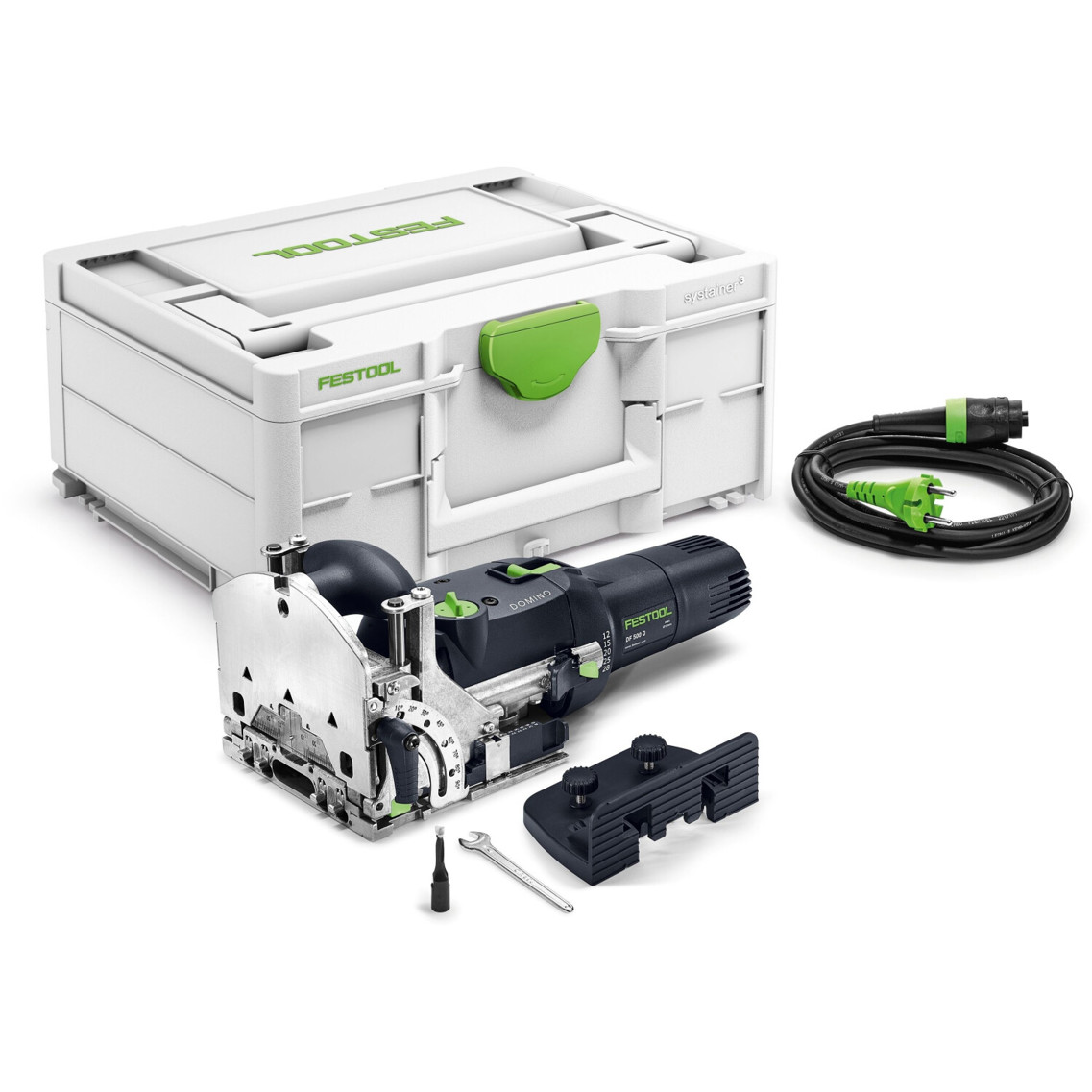Why Router Comparison Is Everywhere This Year

Router Comparison: Choosing the Right Network Solution for Your Needs
In today's busy digital world, having a reliable web connection is more vital than ever. Whether for video gaming, streaming, or Remote Work, the foundation of a great web experience is a top quality router. With an array of routers offered on the market, making an informed choice can be frustrating. This detailed guide compares different router types, their functions, and factors to consider to help users choose the finest router for their requirements.
Kinds of Routers
Before diving into the comparison, it's vital to understand the various kinds of routers available on the marketplace:
- Single-Band Routers: Operate on a single frequency (generally 2.4 GHz). They are cost-efficient however have actually restricted speed and blockage vulnerability.
- Dual-Band Routers: Operate on both the 2.4 GHz and 5 GHz bands. They provide better efficiency and more choices for users who need stronger signals for numerous devices.
- Tri-Band Routers: Include one 2.4 GHz band and 2 5 GHz bands. They are ideal for environments with many devices to decrease congestion and preserve high speed.
- Fit together Routers: Consist of numerous nodes that collaborate to supply smooth coverage across bigger areas. Elektrohobel Test are appropriate for bigger homes or areas where signal strength requires to be constant throughout.
- Gaming Routers: Specifically developed for online video gaming, offering functions like Quality of Service (QoS) to focus on video gaming traffic and decrease latency.
- VPN Routers: Come pre-configured with VPN support, enabling privacy and security for users looking to keep privacy on public networks.
Key Features to Compare
When comparing routers, numerous crucial functions ought to be considered. The following table highlights various routers' crucial elements based on common features and specs:
| Feature | Single-Band | Dual-Band | Tri-Band | Fit together | Gaming |
|---|---|---|---|---|---|
| Speed (Mbps) | Up to 300 | Approximately 1200 | As much as 3000 | Up to 3000 | As much as 4000 |
| Variety | Low | Moderate | High | Really High | Moderate |
| Synchronised Connections | 10-20 | 20-30 | 30+ | Unlimited (depends on nodes) | 15-25 |
| Security Features | Basic | WPA2/WPA3 | WPA2/WPA3 | WPA2/WPA3 | Advanced QoS |
| Control App Availability | No | Yes | Yes | Yes | Yes |
| Price Range (GBP) | ₤ 25-₤ 75 | ₤ 75-₤ 200 | ₤ 200+ | ₤ 200-₤ 600 | ₤ 150-₤ 400 |
Extensive Comparison of Popular Brands
The market is replete with brands providing routers packed with various features. Here's an introduction of some popular router brands in addition to their key offerings:
1. Netgear
- Models: Nighthawk RAX200 (tri-band), RAX40 (dual-band)
- Notable Features: High-speed abilities with sophisticated QoS; outstanding for heavy users and players.
2. TP-Link
- Models: Archer AX6000 (dual-band), Deco X60 (mesh)
- Notable Features: Affordable rates with decent efficiency; the Deco series provides a robust mesh solution for large homes.
3. Asus
- Designs: RT-AX88U (dual-band), ZenWiFi AX (mesh)
- Notable Features: Highly personalized features and exceptional interface; great for tech savvies seeking to handle their networks.
4. Linksys
- Models: EA9500 (tri-band), Velop (mesh)
- Notable Features: User-friendly interface; reputable connection across numerous devices.
5. Google Nest
- Models: Nest WiFi (mesh)
- Notable Features: Integration with Google Assistant; easy setup procedure and great for smart homes.
Factors to consider When Choosing a Router
When selecting a router, numerous aspects need to be taken into consideration:
- Internet Speed: Ensure the router can deal with the web speed offered by your ISP.
- Area Coverage: Consider the size of your area. Larger homes might benefit from a mesh system or a high-range router.
- Number of Devices: Think about the number of devices will be linked concurrently.
- Usage Type: Different activities (video gaming, streaming, working from home) need different efficiency levels.
- Security Needs: Ensure that the router supports contemporary security protocols and functions to protect your network.
FREQUENTLY ASKED QUESTION
1. What is the difference in between a modem and a router?
A modem links your home to the internet, while a router develops a local network to share that internet connection with numerous devices.
2. Do I really need a dual-band router?
If you have numerous gadgets and utilize bandwidth-intensive applications (like streaming or video gaming), a dual-band or tri-band router would be useful for dispersing signal load.
3. What is a mesh network, and when should I utilize one?
A mesh network consists of several interconnected nodes, providing seamless internet coverage throughout bigger areas. It's ideal for large homes or spaces with bad connectivity.
4. How often should I replace my router?
Generally, routers must be upgraded every 3-5 years. Nevertheless, if you experience sluggish speeds or can not connect brand-new devices, it might be time for an upgrade sooner.
5. What functions should I prioritize for a gaming router?
Look for functions like QoS for focusing on gaming traffic, low latency, great bandwidth, and sufficient connection options.
Choosing the right router is pivotal for an optimized internet experience. The decision must be based upon individual requirements, including web use and home layout. By comparing the types, functions, brand names, and keeping in mind the factors to consider highlighted in this guide, users can with confidence pick a router that fits their requirements and enhances their online activities. With the best router in place, users can take pleasure in fast, reliable connections that satisfy their digital demands.

